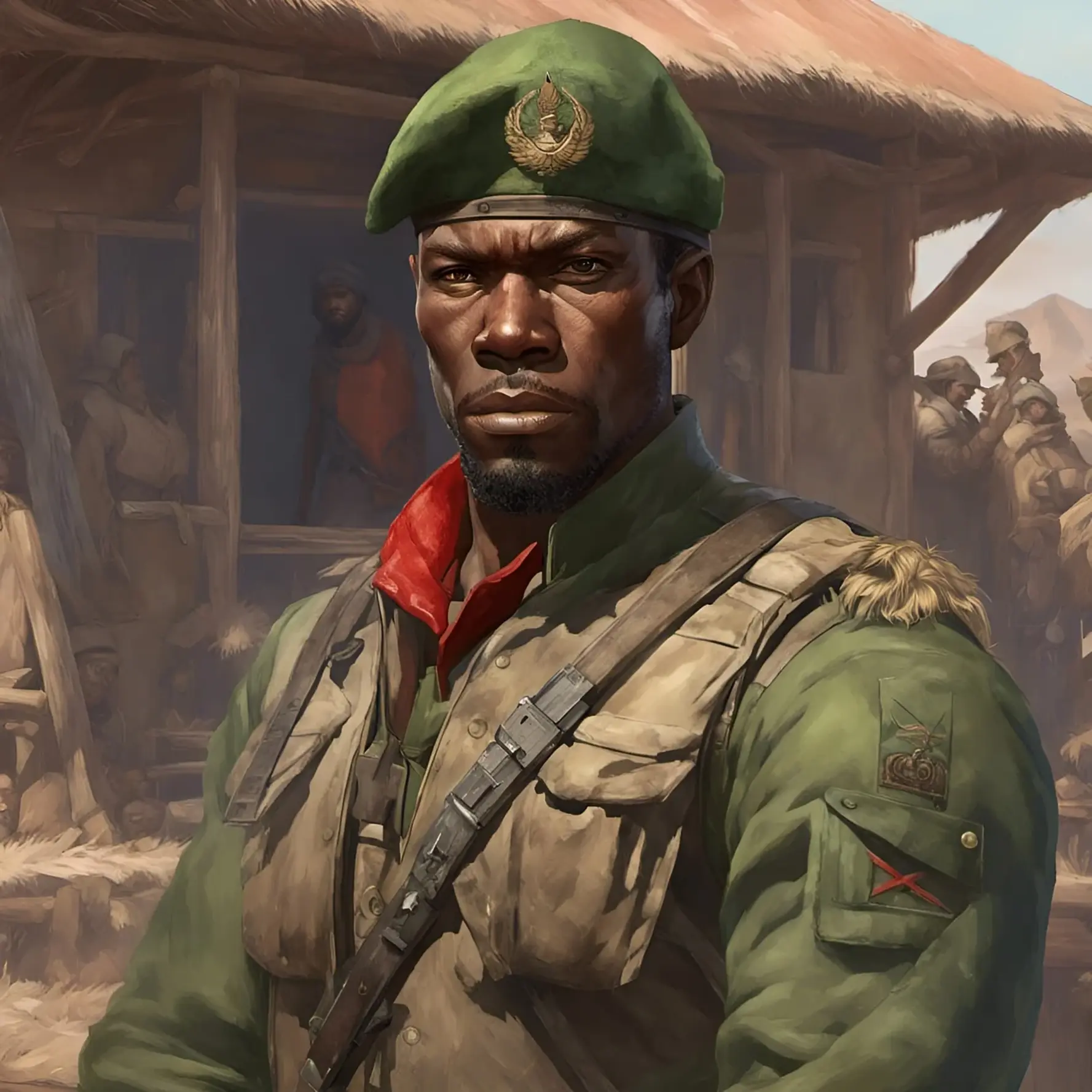In recent years, Africa has witnessed a disturbing resurgence of military rule, particularly in West and Central Africa. Countries such as Mali, Niger, Burkina Faso, Sudan, and Guinea have all experienced military coups that have overturned civilian governments. These developments signal a troubling return to a political model that was once a dominant feature of post-independence Africa, characterized by authoritarian regimes, repression, and a misguided attempt at order through military control.
This revival of military rule, largely dismissed as a relic of the Cold War era, is a stark reminder of the persistence of militarism in Africa’s political landscape. Despite the hopes of independence and democratic governance that followed the end of colonial rule, many African countries have grappled with weak institutions, political instability, and cycles of military intervention. The recent spate of coups is not just a local anomaly but a broader pattern rooted in the continent’s complex postcolonial history.
Historical Roots of Military Rule
To understand the current wave of military takeovers, one must look at the historical context of Africa’s military regimes. From the 1960s to the early 2000s, Africa experienced numerous coups—some 80 successful coups, 108 failed ones, and 139 plots in sub-Saharan Africa alone. These military regimes, which were initially welcomed by segments of the population as a break from corrupt or inefficient civilian governments, often promised to restore order and prosperity but instead cemented authoritarian rule for decades.
Many of these regimes were based on the idea of militarism—a political philosophy that viewed the military not just as a protector but as the governing body that could reshape society. Military rulers sought to impose discipline and order in societies that they viewed as disorganized, fractured, and prone to corruption. They often justified their takeovers as necessary to “save” their countries from chaos, framing themselves as heroes who could bring stability in the face of internal and external threats.
However, as the history of military rule in Africa shows, these promises rarely materialized. Military regimes failed to deliver the stability and prosperity they pledged, instead breeding corruption, political repression, and economic stagnation. While military rule sometimes enjoyed initial popular support for its perceived ability to bring discipline, it eventually alienated the public due to its harsh methods, lack of accountability, and suppression of political freedoms.
A Dangerous Return to the Past
Today’s military leaders have learned from the failures of the past but seem determined to repeat the mistakes. In West Africa, coups have been justified by the claim that civilian governments were ineffective or corrupt, and that only military rule could restore order. These leaders often present themselves as revolutionaries—overturning the status quo in order to cleanse the system. However, much like their predecessors, they face significant challenges in reconciling their promises with the reality of governance.
What makes the current wave of military coups particularly concerning is the way in which these regimes are positioning themselves in the international arena. For example, the military juntas in Mali, Niger, and Burkina Faso have distanced themselves from traditional Western allies, particularly France, and turned to new partners like Russia. Russia’s influence in the region is growing, often through the deployment of mercenaries from the Wagner Group, who provide security services to the military juntas in exchange for access to local resources and strategic alliances. This shift in alliances is seen as a direct challenge to Western influence in Africa, and it has fueled geopolitical tensions.
Yet, despite the changes in international alliances, the fundamental nature of military rule remains the same. These regimes continue to justify their actions with promises of stability, while cracking down on dissent, restricting media freedoms, and undermining democratic institutions. In countries like Sudan, where a full-scale civil war has erupted due to military infighting, the consequences of military rule are stark and devastating.
Militarism: A Failed Ideology
At its core, militarism is an ideology that seeks to apply the values and logic of the military to all aspects of governance. This approach assumes that the same discipline, hierarchy, and obedience that define the military can be applied to civilian life, creating a more orderly society. However, this vision of society has proven to be unrealistic. Militaristic regimes often fail to understand the complexities of civilian governance and struggle to balance the needs of security with the rights of individuals.
Throughout history, military regimes have fallen short of their promises to create a “soldier’s paradise.” The utopian vision they offer—a society defined by order, discipline, and unity—has never materialized. Instead, military rule tends to result in authoritarian control, political instability, and economic decline. The problem is compounded by the fact that many military regimes, once in power, become more entrenched and resistant to civilian oversight. Promises of a swift return to civilian rule are frequently broken, as military leaders cling to power indefinitely.
Despite these failures, military coups remain a popular option for disaffected citizens who feel that civilian governments have failed them. In countries where corruption, economic hardship, and political violence are rampant, the military’s promises of order and security can seem appealing, even if they are ultimately hollow.
Looking Ahead: A Path to Stability or More Chaos?
The resurgence of military rule in Africa raises difficult questions about the future of the continent’s political landscape. Will these regimes deliver on their promises, or will they fall into the same patterns of failure and repression that have plagued military governments in the past? The answer remains uncertain, but what is clear is that military rule, with its emphasis on power through force and its disregard for civilian participation, is unlikely to be the solution to Africa’s problems.
The return of military rule in Africa is a grim reminder of the fragility of democratic institutions and the continuing struggles of postcolonial states to establish stable, representative governments. The lessons of history suggest that military regimes, no matter how popular they may seem in the short term, are ultimately unsustainable. In the long run, they only deepen the crises they claim to resolve.
If Africa is to break free from the cycle of military rule, it must focus on building stronger, more accountable democratic institutions and addressing the root causes of political instability—poverty, corruption, inequality, and poor governance. The international community, while cautious of the risks of military intervention, must also support efforts to strengthen democratic governance and the rule of law in the region.
Africa’s future should not be dictated by the barrel of a gun, but by the collective will of its people. Only through inclusive, transparent, and accountable governance can the continent achieve lasting peace and prosperity.



